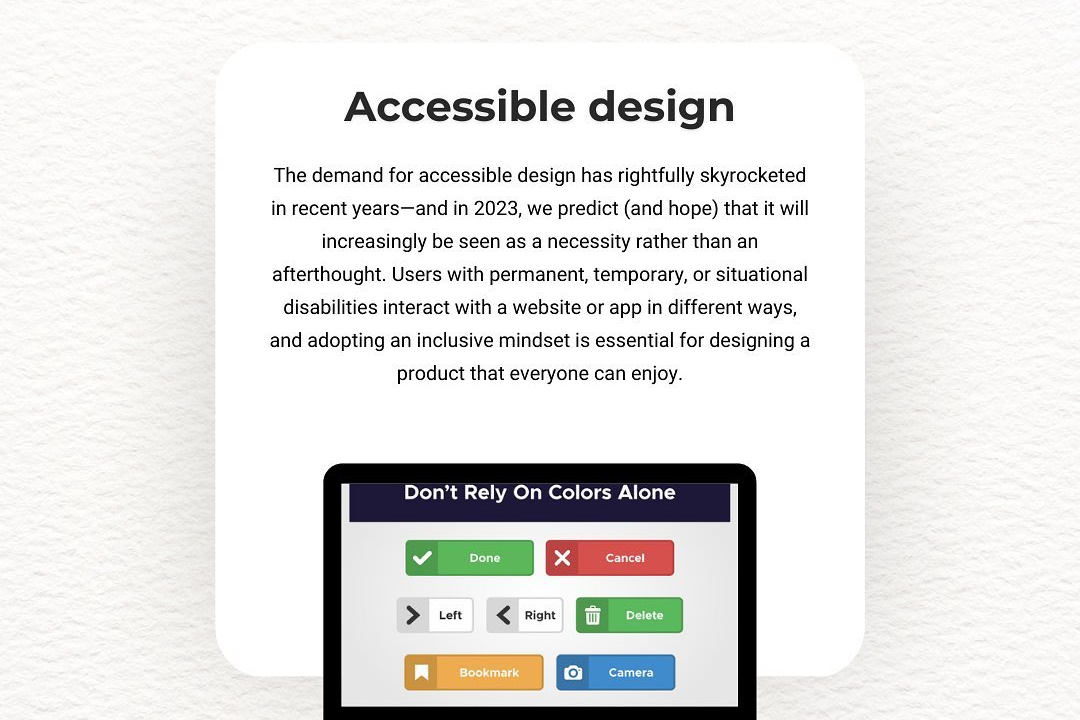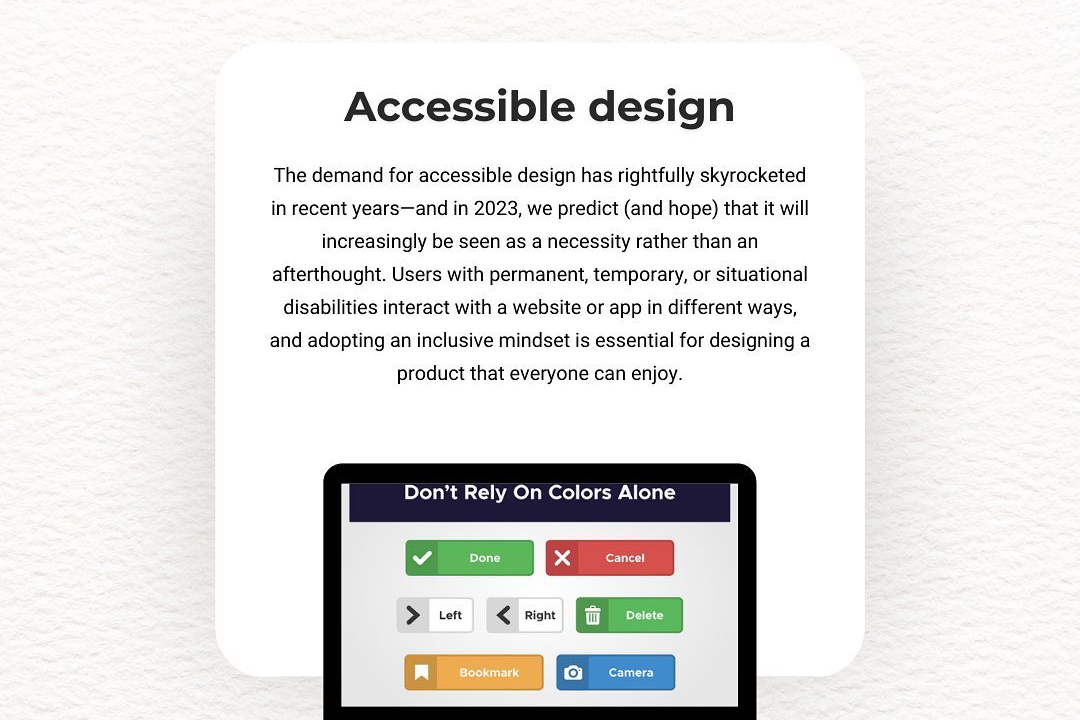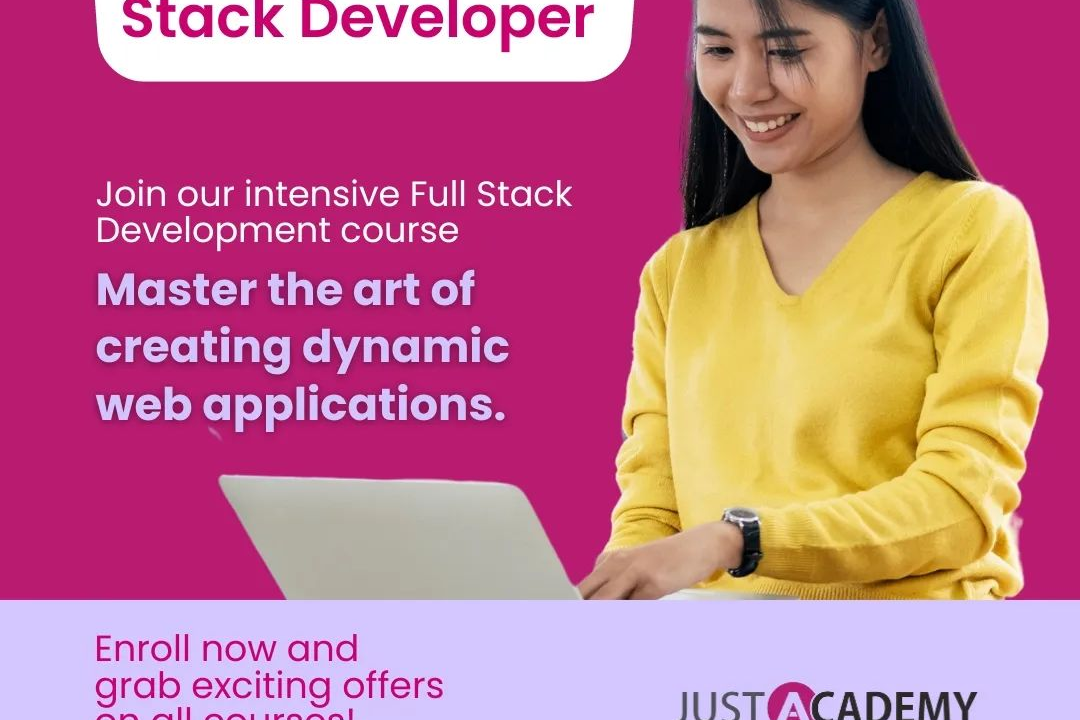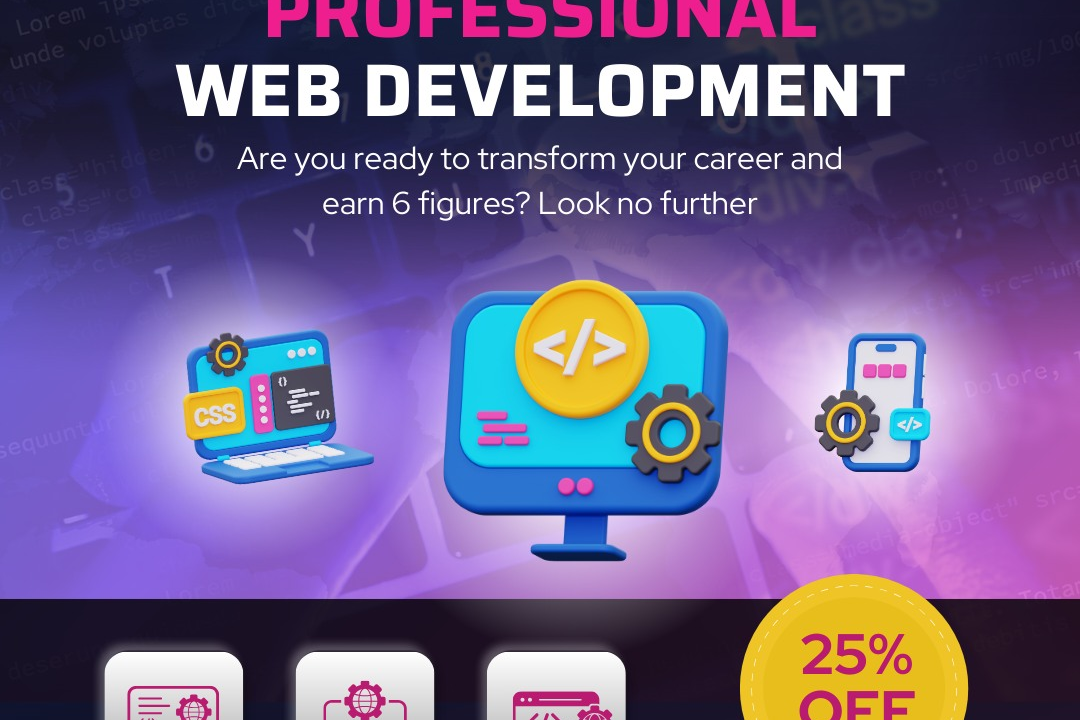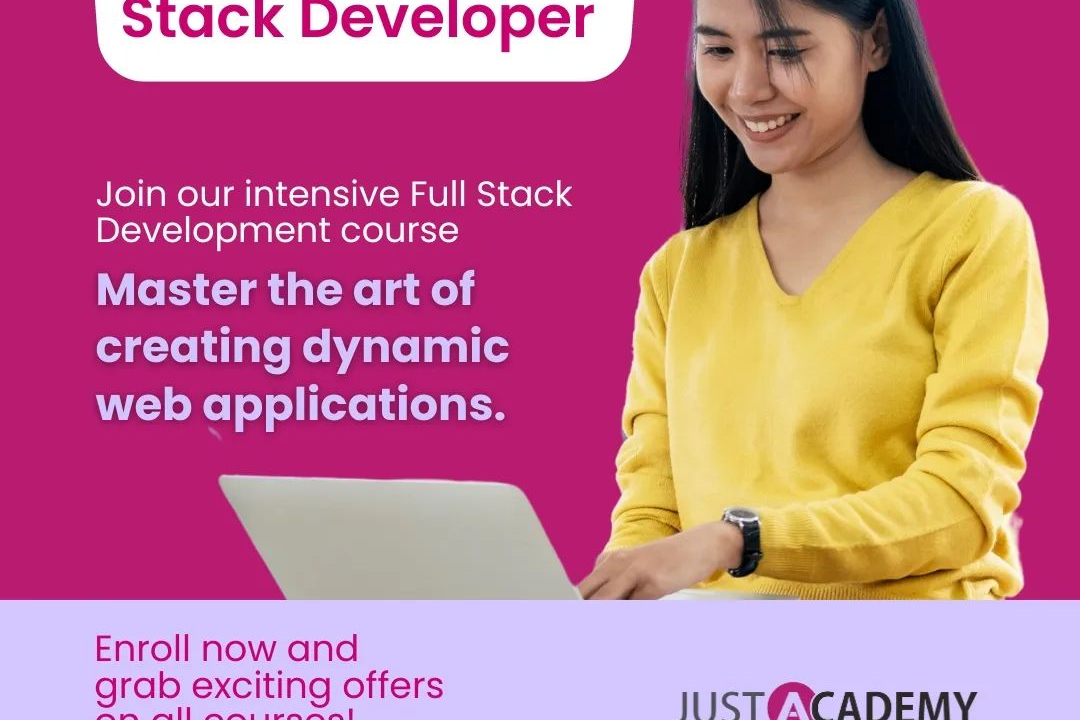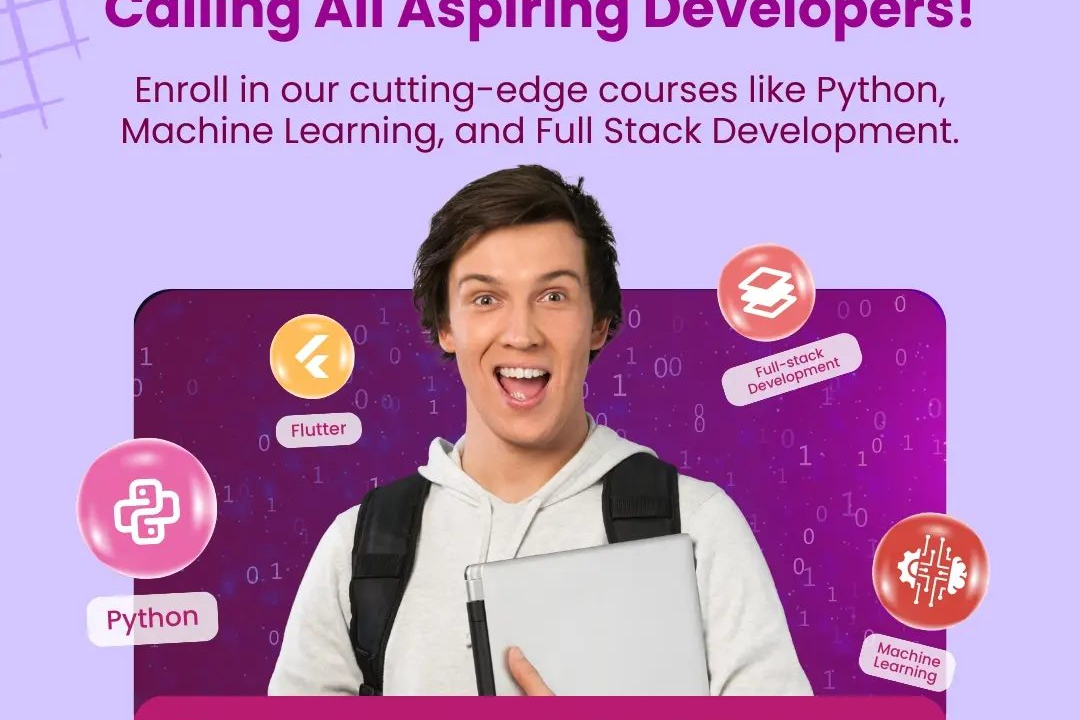Android Job Interview Questions
Android job interview questions are a set of targeted queries designed to evaluate a candidate's und
Android Job Interview Questions
Android job interview questions are an essential component of the hiring process for Android developers, as they help employers assess a candidate’s technical knowledge, problem-solving abilities, and understanding of core Android concepts. These questions enable both interviewers and candidates to gauge familiarity with Android architecture, UI components, lifecycle management, and development best practices, ensuring the applicant is well-equipped to handle real-world project demands. For candidates, preparing for these questions boosts confidence and highlights their expertise, increasing their chances of securing a suitable role in Android development. These questions ultimately facilitate a better match between the candidate’s skills and the organization’s project requirements, promoting effective team integration and project success.
To Download Our Brochure: https://www.justacademy.co/download-brochure-for-free
Message us for more information: +91 9987184296
Android job interview questions are an essential component of the hiring process for Android developers, as they help employers assess a candidate’s technical knowledge, problem solving abilities, and understanding of core Android concepts. These questions enable both interviewers and candidates to gauge familiarity with Android architecture, UI components, lifecycle management, and development best practices, ensuring the applicant is well equipped to handle real world project demands. For candidates, preparing for these questions boosts confidence and highlights their expertise, increasing their chances of securing a suitable role in Android development. These questions ultimately facilitate a better match between the candidate’s skills and the organization’s project requirements, promoting effective team integration and project success.
Course Overview
The ‘Android Job Interview Questions’ course prepares aspiring Android developers with essential technical questions, concepts, and problem-solving techniques needed for successful interviews. It covers core Android components, architecture, UI design, lifecycle management, and common interview scenarios, equipping learners to confidently showcase their skills and land Android development roles.
Course Description
The ‘Android Job Interview Questions’ course provides a comprehensive overview of key Android concepts, common interview questions, and practical problem-solving techniques to help aspiring developers excel in technical interviews and secure Android development roles.
Key Features
1 - Comprehensive Tool Coverage: Provides hands-on training with a range of industry-standard testing tools, including Selenium, JIRA, LoadRunner, and TestRail.
2) Practical Exercises: Features real-world exercises and case studies to apply tools in various testing scenarios.
3) Interactive Learning: Includes interactive sessions with industry experts for personalized feedback and guidance.
4) Detailed Tutorials: Offers extensive tutorials and documentation on tool functionalities and best practices.
5) Advanced Techniques: Covers both fundamental and advanced techniques for using testing tools effectively.
6) Data Visualization: Integrates tools for visualizing test metrics and results, enhancing data interpretation and decision-making.
7) Tool Integration: Teaches how to integrate testing tools into the software development lifecycle for streamlined workflows.
8) Project-Based Learning: Focuses on project-based learning to build practical skills and create a portfolio of completed tasks.
9) Career Support: Provides resources and support for applying learned skills to real-world job scenarios, including resume building and interview preparation.
10) Up-to-Date Content: Ensures that course materials reflect the latest industry standards and tool updates.
Benefits of taking our course
Functional Tools
1 - Android Studio: Android Studio is the official integrated development environment (IDE) for Android app development. It provides a robust platform with a user friendly interface, code editing, debugging, and performance tools, enabling students to write, test, and optimize their Android applications efficiently. The IDE also includes emulators for testing apps across different device configurations, ensuring students are familiar with real world development environments. Mastering Android Studio is essential for understanding project structure, version control integration, and troubleshooting during app development.
2) Java and Kotlin Programming Languages: Java has been the traditional language for Android development, while Kotlin is now the preferred language recommended by Google. Both languages are extensively used in interview questions, requiring students to grasp syntax, object oriented concepts, and common coding patterns. Learning both languages equips students with versatility and a deeper understanding of Android codebases. The training includes hands on exercises focusing on writing clean, efficient, and bug free code, preparing students for practical coding interviews and real world applications.
3) Firebase: Firebase is a comprehensive backend as a service platform used in Android applications for features like real time databases, authentication, cloud storage, and analytics. In the course, students learn how to integrate Firebase into their apps, enabling real time data synchronization, user management, and push notifications. Understanding Firebase helps students showcase skills in backend integration, which is frequently asked in interviews, especially for roles emphasizing full stack mobile development.
4) Android Debugging Tools: Android Studio offers various debugging tools such as logcat, breakpoints, and profiler. Students are trained to utilize these tools for troubleshooting app crashes, performance issues, and memory leaks. Debugging skills are crucial for interview scenarios that test problem solving abilities and real time troubleshooting. This training enables students to identify, analyze, and resolve issues efficiently within the Android development environment.
5) Version Control Systems Git and GitHub: Version control is vital for managing codebases collaboratively and tracking project changes. Students learn how to use Git commands, maintain repositories, and collaborate through platforms like GitHub. Understanding version control systems is often a key component of interview questions, testing their ability to manage code efficiently, handle merge conflicts, and work in team based projects.
6) Postman: Postman is an API testing tool pivotal for testing RESTful APIs that mobile apps interact with. The course trains students to craft and send API requests, analyze responses, and automate testing workflows. Familiarity with Postman allows students to demonstrate their ability to troubleshoot API integrations and ensure data exchange consistency, which is crucial for developing full featured Android apps that rely on backend services.
7) Android Testing Tools: The course covers testing frameworks such as JUnit, Espresso, and UI Automator. Students learn to write unit tests, integration tests, and UI tests to ensure app reliability and performance. Familiarity with testing tools enhances their ability to deliver bug free applications and is frequently explored during technical interviews. Emphasizing testing best practices prepares students for maintaining high quality code in production environments.
8) Material Design and UI/UX Tools: Understanding Material Design principles and using tools like Android Material Components help students create intuitive and attractive user interfaces. Training includes designing layouts, navigation components, and ensuring accessibility compliance. Skills in UI/UX design are often assessed during interviews to evaluate a candidate's ability to develop user friendly applications.
9) SQL and Room Database: Working with local databases is fundamental for many Android apps. The course introduces SQL basics and teaches how to implement Room, Android’s persistence library. Students practice creating database schemas, performing CRUD operations, and optimizing data storage. Knowledge of local data management is frequently tested in technical interviews, especially for roles involving offline capabilities.
10) Gradle Build Tool: Gradle manages project dependencies, build configurations, and automation scripts. Students learn how to efficiently configure build files, manage libraries, and troubleshoot build issues. Understanding Gradle is essential for customizing app configurations, which might be queried in interview questions related to project setup and deployment.
11 - Emulators and Device Testing: The course emphasizes using Android emulators and physical devices to test applications across different hardware specifications and API levels. Students learn to set up and configure multiple virtual devices, replicating real world testing scenarios. Familiarity with these tools demonstrates their readiness to validate app performance under varied conditions, a common interview topic.
12) Performance and Memory Profiling Tools: Tools like Android Profiler help students monitor app performance, analyze CPU, memory, and network usage. Learning to optimize app efficiency and diagnose sluggishness or memory leaks is critical for professional development. Interview questions often probe candidates’ ability to improve app performance through these profiling techniques.
13) Third party Libraries and SDKs: The course introduces popular Android SDKs and libraries such as Retrofit, Glide, and Dagger. Students understand how to integrate and utilize these tools to accelerate development and add advanced features to their apps. Demonstrating proficiency with reputable third party tools often enhances a candidate's appeal during technical evaluations.
14) Data Binding and ViewModel Architecture: The course explains modern Android architectural components, including data binding and ViewModel, to build maintainable and scalable apps. Students practice implementing MVVM pattern for separation of concerns. Knowledge of architectural best practices is frequently tested, emphasizing the importance of clean, testable code in interviews.
15) Material Design Components and Theme Styling: Students learn to implement Material Design components and customize themes to create visually appealing interfaces. This includes understanding themes, styles, and animations that enhance user engagement. Strong UI/UX skills are often evaluated to assess a candidate’s ability to produce attractive, responsive apps.
These tools collectively prepare students not only to excel in technical interviews but also to develop high quality, efficient, and scalable Android applications by gaining practical, industry relevant skills.
16) Android Jetpack Components: The course covers essential Android Jetpack libraries such as Navigation, LiveData, ViewModel, Data Binding, and WorkManager. These components promote best practices for app architecture, lifecycle management, and background processing. Mastering Jetpack ensures students can develop robust, maintainable, and scalable applications, which are highly valued in interviews.
17) Kotlin Coroutines and Asynchronous Programming: Students learn how to implement Kotlin Coroutines for managing asynchronous tasks efficiently. This includes handling background operations, network calls, and UI updates without blocking the main thread. Proficiency in coroutines is often tested, as it’s key for developing responsive apps and writing clean, manageable code.
18) Dependency Injection with Dagger/Hilt: The course introduces dependency injection frameworks like Dagger and Hilt to promote decoupled architecture. Students learn how to manage dependencies effectively, improving testability and modularity. Understanding DI frameworks is a common interview focus, especially in complex development environments.
19) Android App Deployment and Publish: Students explore the process of building signed APKs, preparing apps for release, and publishing them on Google Play Store. This includes managing versioning, app signing keys, and store listing optimization. Knowledge of deployment pipelines demonstrates readiness for real world project release management.
20) Mobile Security Best Practices: The course emphasizes implementing security features such as data encryption, secure network communication (HTTPS), and safe storage (SharedPreferences, Keystore). Candidates who understand security protocols can better safeguard user data and meet compliance standards—an important aspect covered in technical interviews.
21 - Cross platform Development Basics: An introduction to frameworks like Flutter or React Native offers students insights into cross platform app development, broadening their skill set. This knowledge helps candidates adapt to diverse project requirements and recognize best practices in hybrid app development.
22) Push Notifications and In App Messaging: Students learn to integrate Firebase Cloud Messaging or other SDKs to implement push notifications, engaging users effectively. Skills in managing notification permissions, scheduling, and personalization are highly valued in roles focusing on user engagement.
23) Localization and Internationalization (i18n): The course covers techniques for creating apps that support multiple languages and regions, including string resource management and layout adaptation. This expertise ensures apps reach a global audience and often features in interview scenarios assessing user centric thinking.
24) Automated CI/CD Pipelines: Students are introduced to configuring continuous integration/continuous deployment workflows using tools like Jenkins, GitHub Actions, or Bitrise. Automating build, test, and deployment processes demonstrates professionalism and readiness for modern development cycles—often a point of assessment in technical interviews.
25) Deep Linking and App Links: The course teaches how to implement deep links for navigating directly to specific app content, improving user experience. Candidates familiar with deep linking can create seamless app to app and app to web integrations, a desirable skill in mobile development roles.
26) ARCore and VR Integration: An optional exploration into augmented reality (AR) and virtual reality (VR) development introduces students to immersive app experiences. Basic understanding of ARCore SDK and VR frameworks can differentiate candidates and open opportunities in emerging tech domains.
27) Data Encryption and Privacy: The course imparts knowledge about encrypting sensitive data, adhering to privacy laws like GDPR, and implementing secure authentication flows. Strong security awareness enhances candidate profiles, especially for roles handling confidential information.
28) Custom View and Advanced UI Components: Students learn to create custom views and animations that enhance usability and branding. Command over advanced UI techniques improves the visual appeal of apps and is often discussed during UI/UX interview segments.
29) App Analytics and User Behavior Tracking: Introduction to integrating tools like Google Analytics or Firebase Analytics enables students to track user engagement and app performance metrics. Data driven decision making skills are increasingly relevant and valued in product focused roles.
30) Offline Data Handling and Caching: The course covers strategies for managing offline data access, caching, and syncing data when connectivity is restored. These skills ensure app reliability in diverse network conditions and are frequently evaluated in practical assessments.
This expanded list of competencies solidifies the comprehensive skill set that JustAcademy provides to aspiring Android developers, equipping them for a wide array of industry challenges and interview scenarios.
Browse our course links : https://www.justacademy.co/all-courses
To Join our FREE DEMO Session:
This information is sourced from JustAcademy
Contact Info:
Roshan Chaturvedi
Message us on Whatsapp: +91 9987184296
Email id: info@justacademy.co
What Should Be Learning In Power Bi

